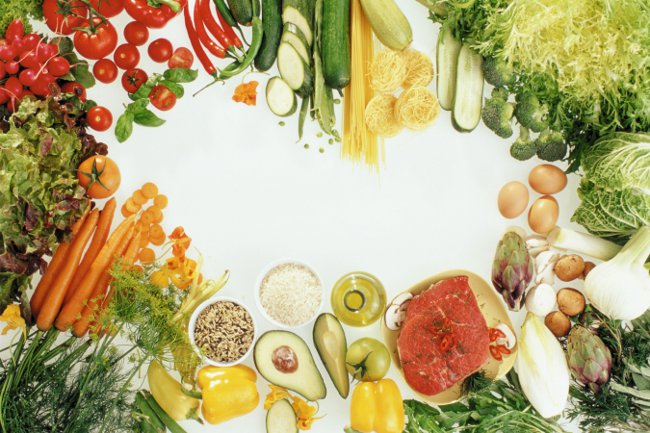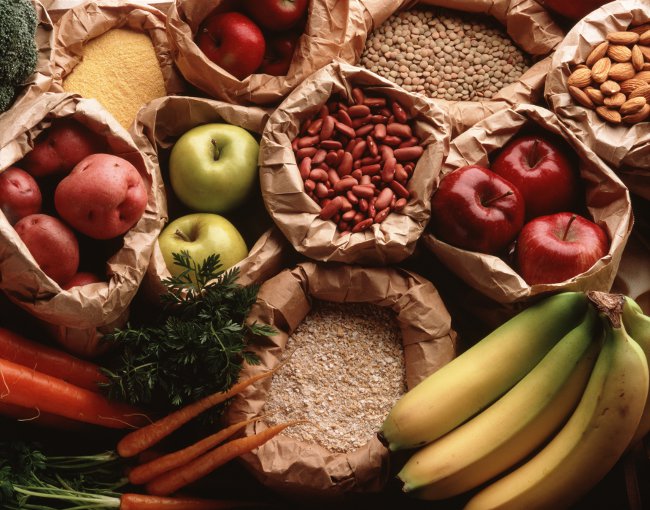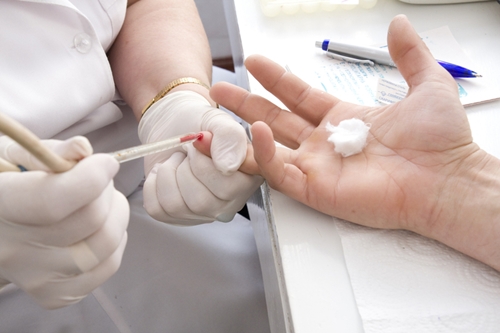How to become a blood donor?
 Medical institutions are in constant need ofdonor blood: far from always relatives of people who need blood transfusion can become donors. Therefore voluntary donation is an important and honorable mission. How to become a blood donor?
Medical institutions are in constant need ofdonor blood: far from always relatives of people who need blood transfusion can become donors. Therefore voluntary donation is an important and honorable mission. How to become a blood donor?Become a blood donor can any healthy citizen of the Russian Federation over the age of 18, whose weight is more than 50 kg. Before donating blood, a potential donor shouldregister at the blood collection point and fill out a special questionnaire, and then pass a blood test and undergo a medical examination (free of charge) that will show if he has contraindications to donation.
Contraindications to donation are divided into two groups: absolute and temporary. Absolute contraindications do not depend on the prescription of the disease and the success of treatment: after suffering some diseases, you will not be allowed to become a blood donor, even if you are completely cured.
These diseases include, in particular, bloodborne diseases (transmitted through the blood): infectious (HIV / AIDS, syphilis, viral hepatitis, tuberculosis, typhus, brucellosis, leprosy, tularemia) and parasitic (toxoplasmosis, echinococcosis, filariasis, triapnosomiasis, leishmaniasis, rishta).
Also to absolute contraindications concerns a number of somatic diseases, among them: malignant tumors, blood diseases, organic diseases of the central nervous system, mental illness, alcoholism, drug addiction, complete absence of speech and hearing, certain diseases of the cardiovascular, respiratory and digestive systems, and a number of other diseases (19 groups of diseases in all).
Temporary contraindications are a temporary ban on blood donation. The duration of it can be from 10 days(tooth extraction) up to several months or even a year. Temporary contraindications include blood transfusions, surgeries (including abortions), piercing, tattooing, acupuncture treatment, long trips abroad (more than 2 months), long stay in countries endemic for malaria, contact with patients with hepatitis.
Also, temporary contraindications include a numberdiseases, the period of pregnancy and lactation, the period of menstruation, the taking of a number of drugs, vaccinations, changes in biochemical parameters of the blood, alcohol intake. If one of the contraindications "pops up" on the physical examination, the doctor will say, after what period of time you can again donate blood.
So, the medical examination was successful, no contraindications were found, and you were told that you can become a blood donor. Please note that it is necessary to prepare for blood delivery in advance. 48 hours before the delivery of blood can not be takenalcohol, and for 72 hours - analgesics. On the eve of donating blood you can not eat fried, fatty, smoked, spicy food, as well as eggs, butter and dairy products. Less than an hour before giving blood, you can not smoke. Before giving blood, you need to sleep - you can not donate blood after a sleepless night.
To give blood on an empty stomach is not recommended. It is better to eat low-fat carbohydrate breakfast. Also recommended before donating blood drink as much liquid as possible (a donor before the procedure for donating blood is placed a weak sweet tea). It is recommended to donate blood in the morning (up to 12 hours), because at this time the body most easily tolerates blood loss.
When the blood donation procedure is over, you need relax for 10-15 minutes. After the procedure, the donor can feel an easyweakness and dizziness. The bandage that you put on, you can not shoot another 3-4 hours, try not to wet it. Within an hour after giving blood, do not recommend smoking.
Within a day after krovodachi advise to refrain from physical exertion and the use of alcohol. The next two days you need to drink more fluids than usual, eat regularly and abundantly. To restore pressure, it is recommended to drink coffee, chocolate and hematogen.
If you donated whole blood, you can easily become a blood donor only after 60 days. In this case, women can take whole blood 4once a year, men - 5. Plasma can be taken 30 days after the delivery of whole blood. If you donated plasma or blood components, re-delivery is possible in two weeks.
People who have donated whole blood for more than 40 times (or more than 60 times - plasma) are awarded with the sign "Honorary donor of Russia". They are entitled to an annual cash payment and a number of other benefits, both provided at the federal level, and operating only in Moscow.
You can not become a blood donor, but if you meet all the criteria - do not ignore this possibility. Perhaps it is your blood that will save someone's life, because a blood transfusion may be necessary for any person at any time.














